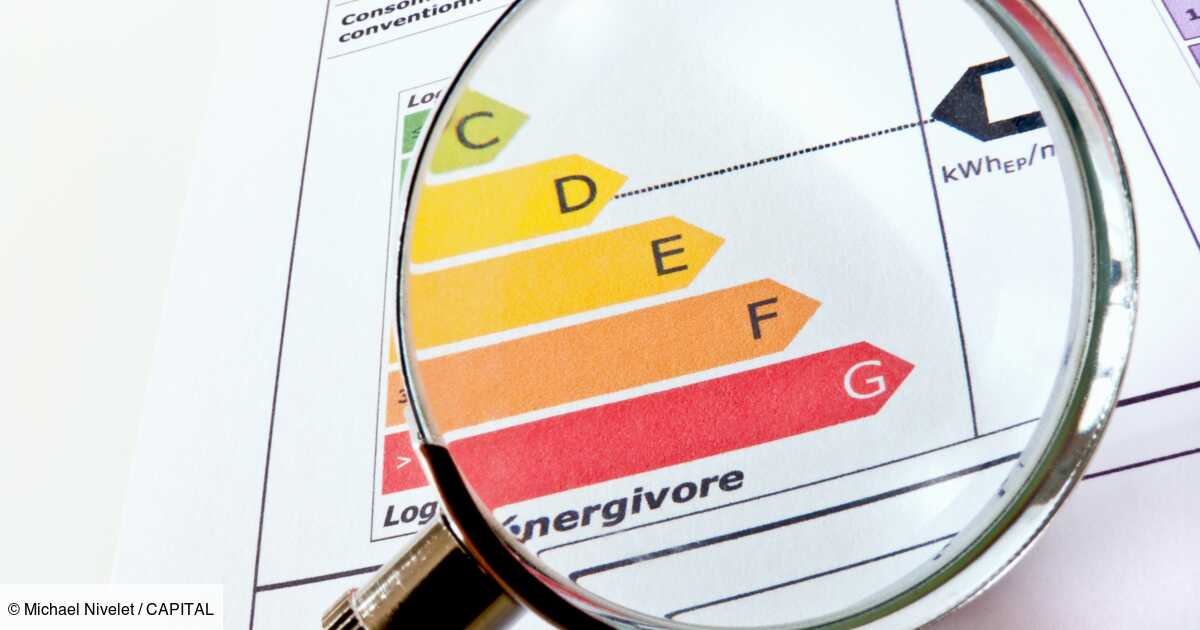
The return of the President of the Council was marked by a double meeting. A first face-to-face meeting of more than three hours with the leaders of her coalition Antonio Tajani and Matteo Salvini. The opportunity to display a facade of unity while the moderate and radical wings of her coalition have spent the entire summer airing their differences. During the first Council of Ministers after the summer break that followed, the government announced as a priority “lowering taxes, supporting young people, families and the birth rate with measures in favor of companies that hire.” A generosity that will be very difficult to honor while the European Commission points the finger at the explosion of deficits on the peninsula, which currently has no clear plan to correct the trajectory of its public finances.
A government coalition that is tearing itself apart
The choice of Raffaele Fitto as the next Italian commissioner seems to be the only issue that has unanimous support within the government. Giorgia Meloni has the greatest difficulty in hiding the tensions that are shaking her coalition. On the reform of nationality law, the pensions issue, decentralization or even military support for Ukraine, her two deputy prime ministers do not agree on anything.
Giorgia Meloni thus preferred to insist on the slight economic improvement recorded this summer by ISTAT with a GDP increase of 0.3% in the first quarter (after 0.1% in the fourth quarter of 2023), and an unemployment rate of 6.8% in May, barely higher than that of the eurozone (6.4%). Inflation in June stood at 0.9%, much lower than the eurozone average (2.5%). Economy Minister Giancarlo Giorgetti is now at work to present on September 27 the update of the Economic and Financial Document (DEF) serving as a framework for the budget. It will have to take into account the new stability pact. Giancarlo Giorgetti, although having approved its recent reform, believes that “long-term thinking is not sufficiently valued and inevitably forces us to take short-term budgetary decisions.”
The season of throwing money out the window is over
“The season of throwing money out the window and tax bonuses is over and will not return as long as we are in power,” Giorgia Meloni told her ministers, who were meeting for the first time after the summer break. The Prime Minister promises “a serious and balanced finance law stamped with common sense like the previous ones.” It cannot be otherwise for the woman who crossed the doors of the Palazzo Chigi just two years ago promising Brussels “not to commit budgetary madness.”
The European Commission has opened an excessive deficit procedure against Italy. The country has reduced its public deficit to 8.8% of GDP in the first quarter, compared to 11.6% over the same period in 2023, due to a slowdown in inflation and an increase in tax revenues. But this is still far from sufficient and under the new stability pact the Italian government must submit by September 20 a clear plan to correct the trajectory of its public finances over the next seven years.
Italy needs to find around 25 billion euros to finance its budget commitments for next year without resorting to a tax increase, while growth forecasts have been revised downwards. At the start of the school year, the Minister of Economy thus demanded that the government make structural savings of 10 billion euros each year. All ministries are called upon to “rationalize their spending”, a euphemism for asking them to make sacrifices.





